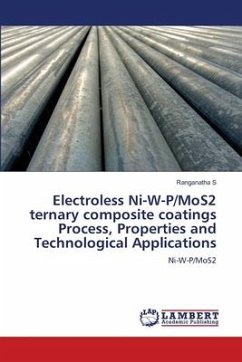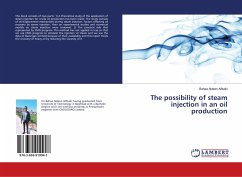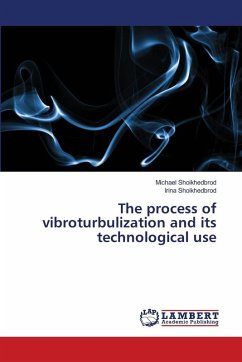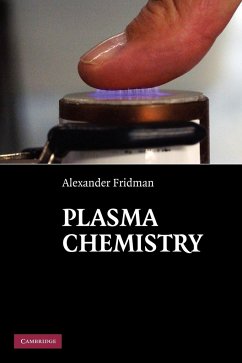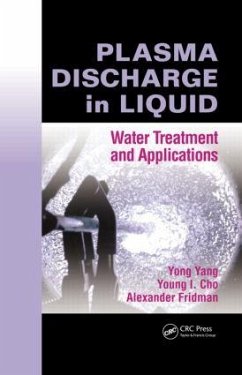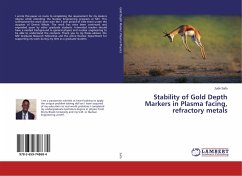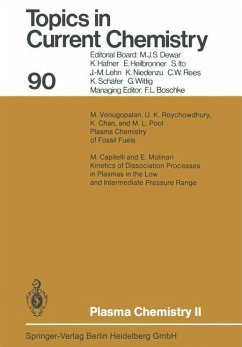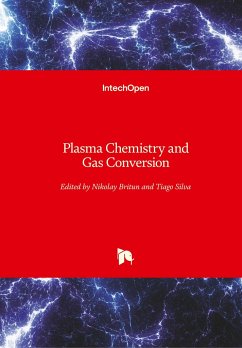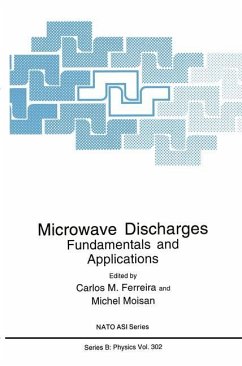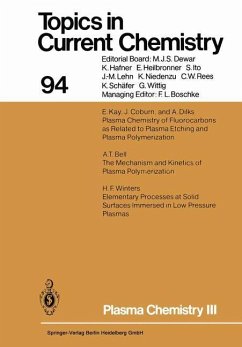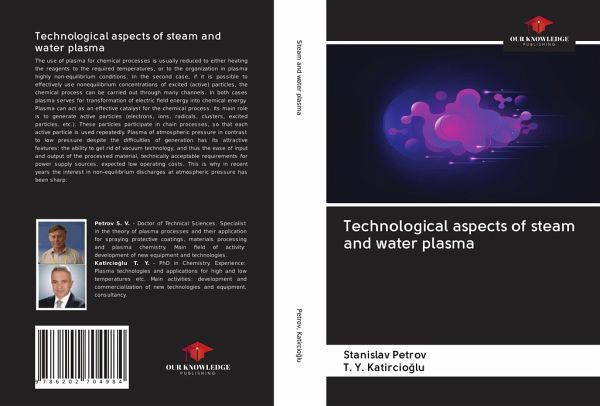
Technological aspects of steam and water plasma
Versandkostenfrei!
Versandfertig in 1-2 Wochen
44,99 €
inkl. MwSt.

PAYBACK Punkte
22 °P sammeln!
The use of plasma for chemical processes is usually reduced to either heating the reagents to the required temperatures, or to the organization in plasma highly non-equilibrium conditions. In the second case, if it is possible to effectively use nonequilibrium concentrations of excited (active) particles, the chemical process can be carried out through many channels. In both cases plasma serves for transformation of electric field energy into chemical energy. Plasma can act as an effective catalyst for the chemical process. Its main role is to generate active particles (electrons, ions, radica...
The use of plasma for chemical processes is usually reduced to either heating the reagents to the required temperatures, or to the organization in plasma highly non-equilibrium conditions. In the second case, if it is possible to effectively use nonequilibrium concentrations of excited (active) particles, the chemical process can be carried out through many channels. In both cases plasma serves for transformation of electric field energy into chemical energy. Plasma can act as an effective catalyst for the chemical process. Its main role is to generate active particles (electrons, ions, radicals, clusters, excited particles, etc.). These particles participate in chain processes, so that each active particle is used repeatedly. Plasma of atmospheric pressure in contrast to low pressure despite the difficulties of generation has its attractive features: the ability to get rid of vacuum technology, and thus the ease of input and output of the processed material, technically acceptable requirements for power supply sources, expected low operating costs. This is why in recent years the interest in non-equilibrium discharges at atmospheric pressure has been sharp.



